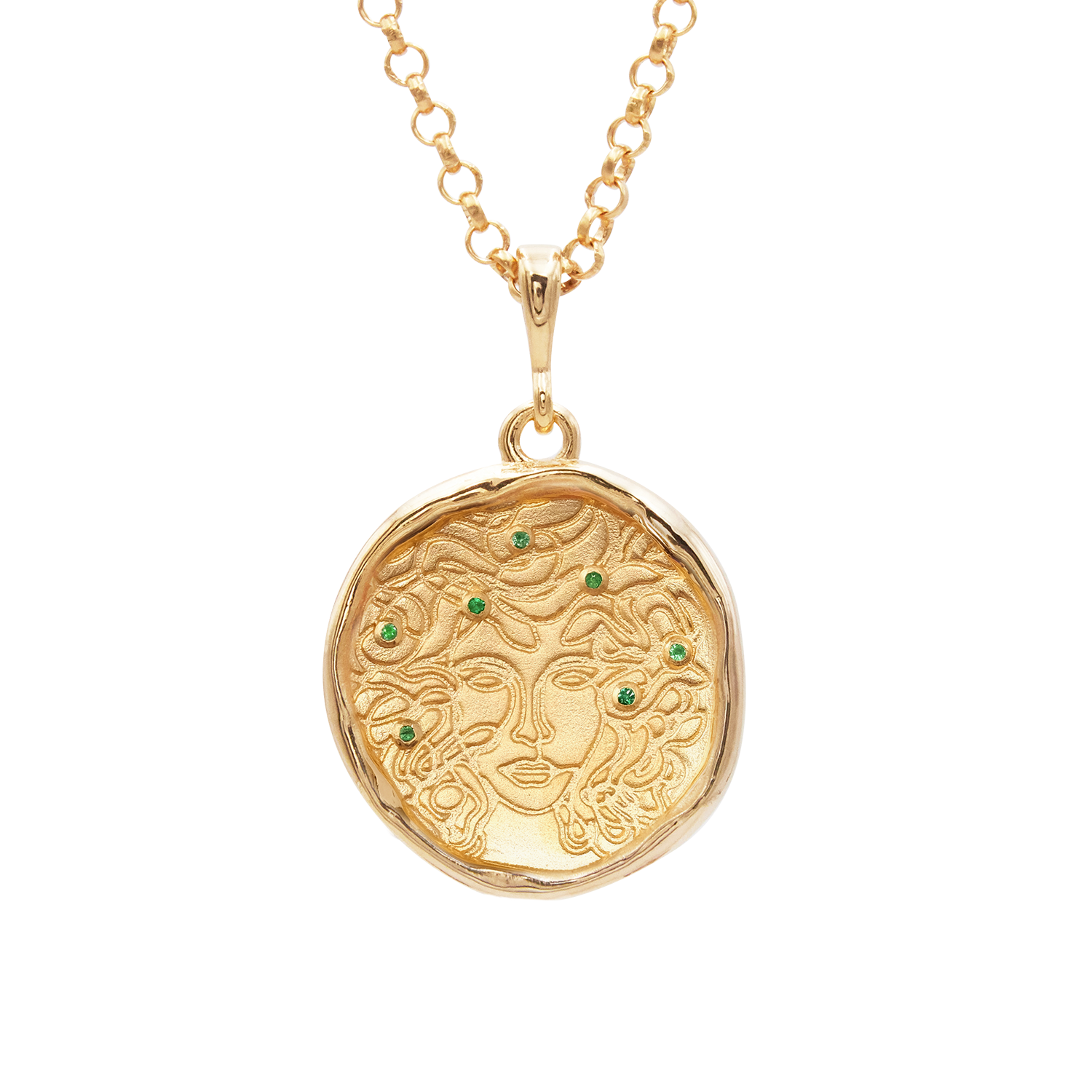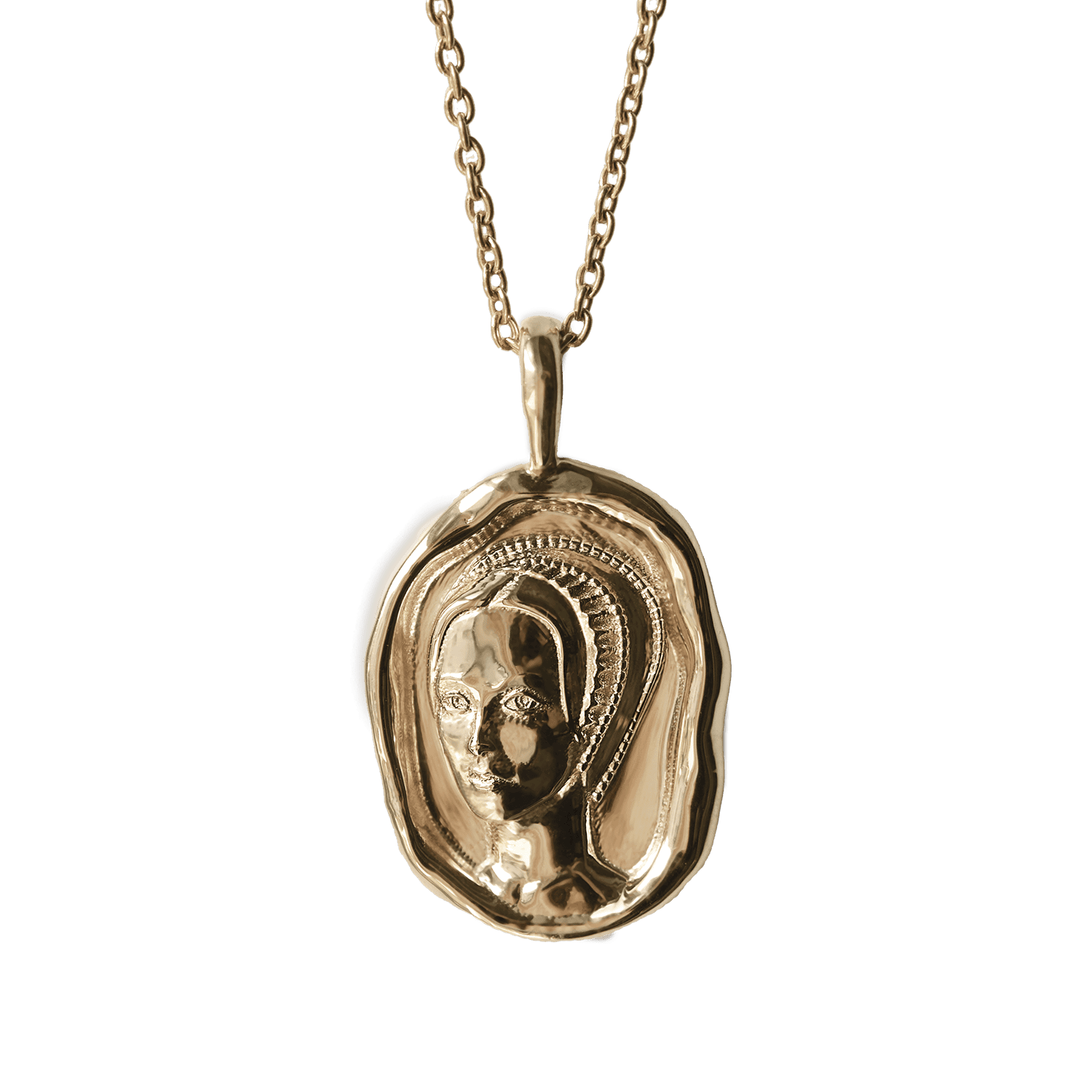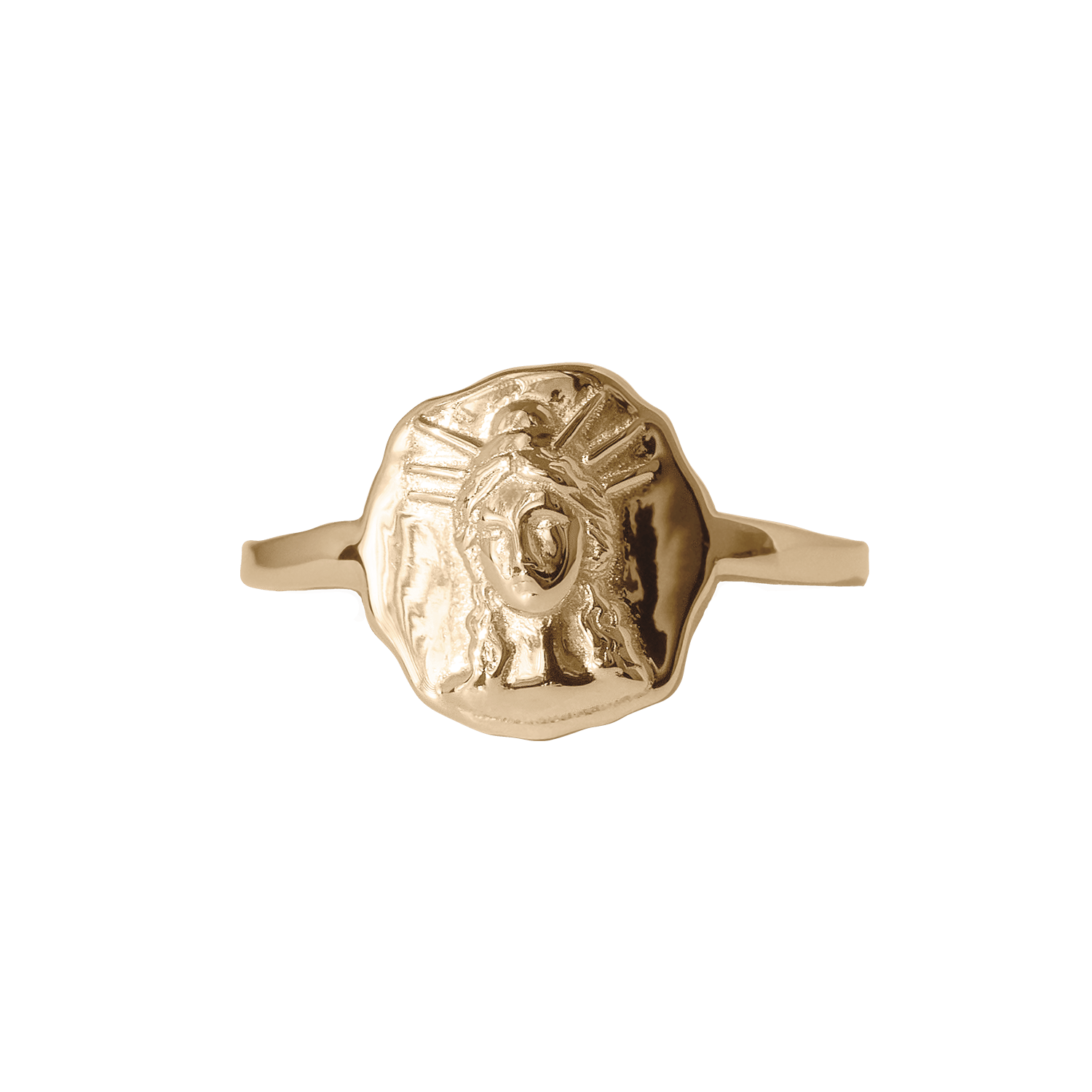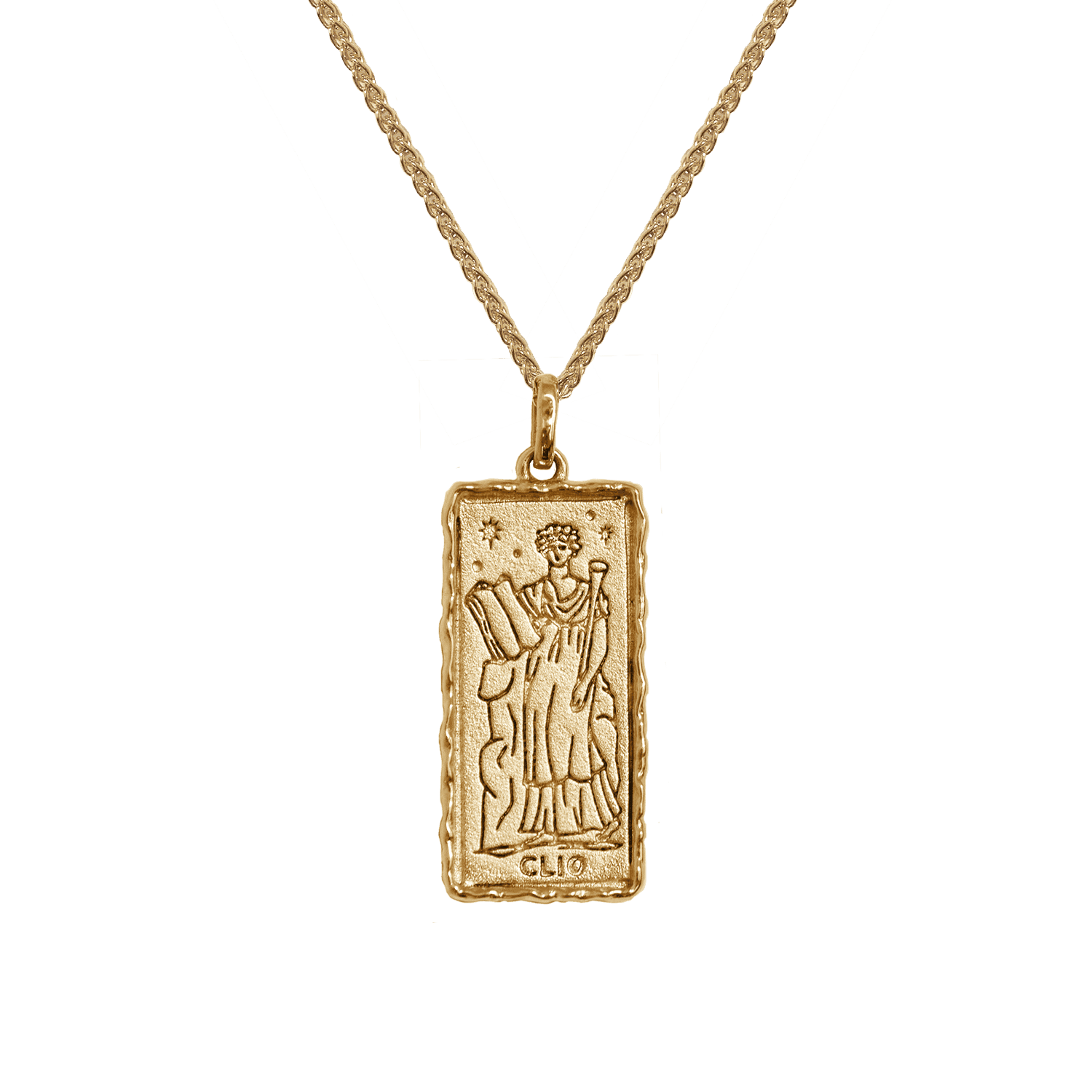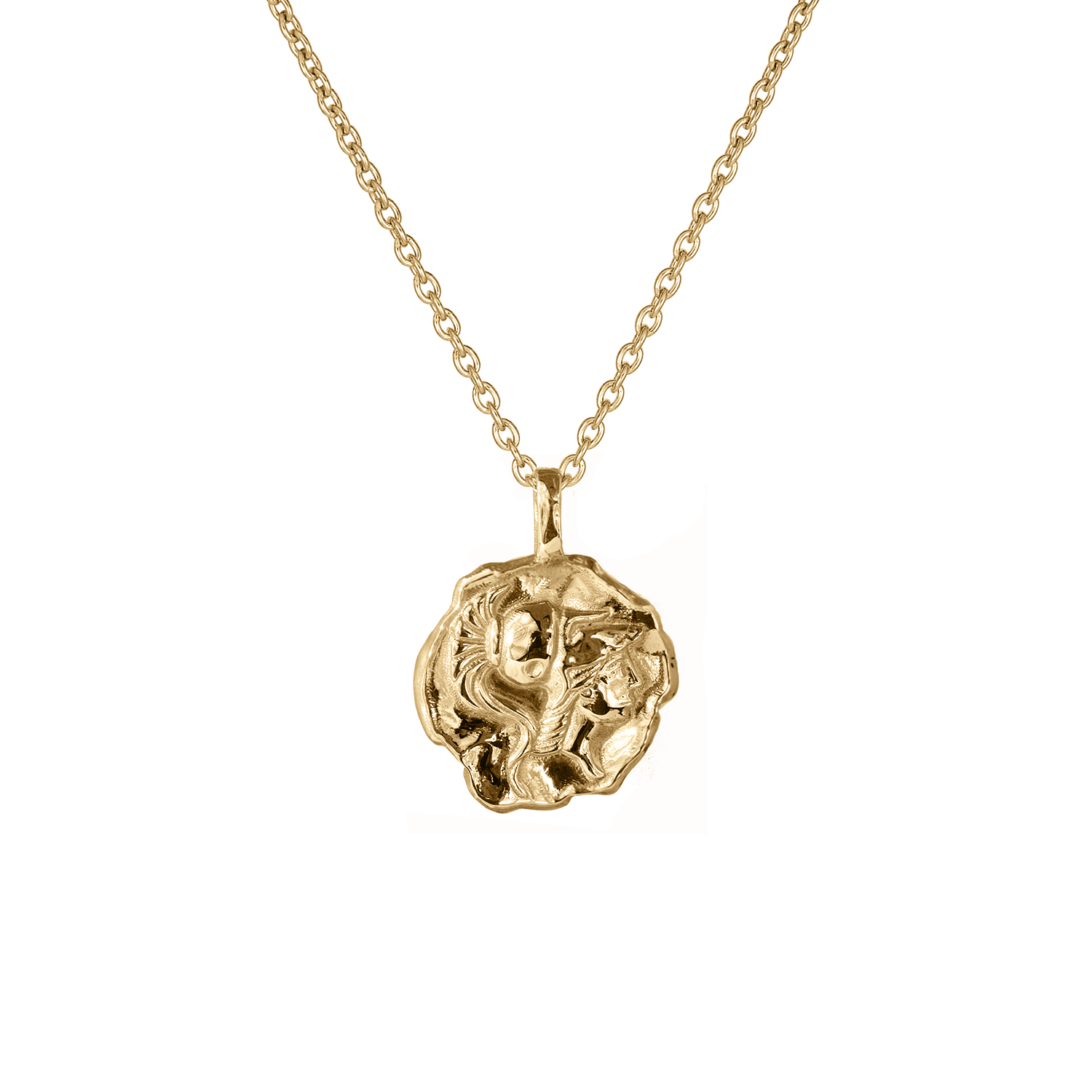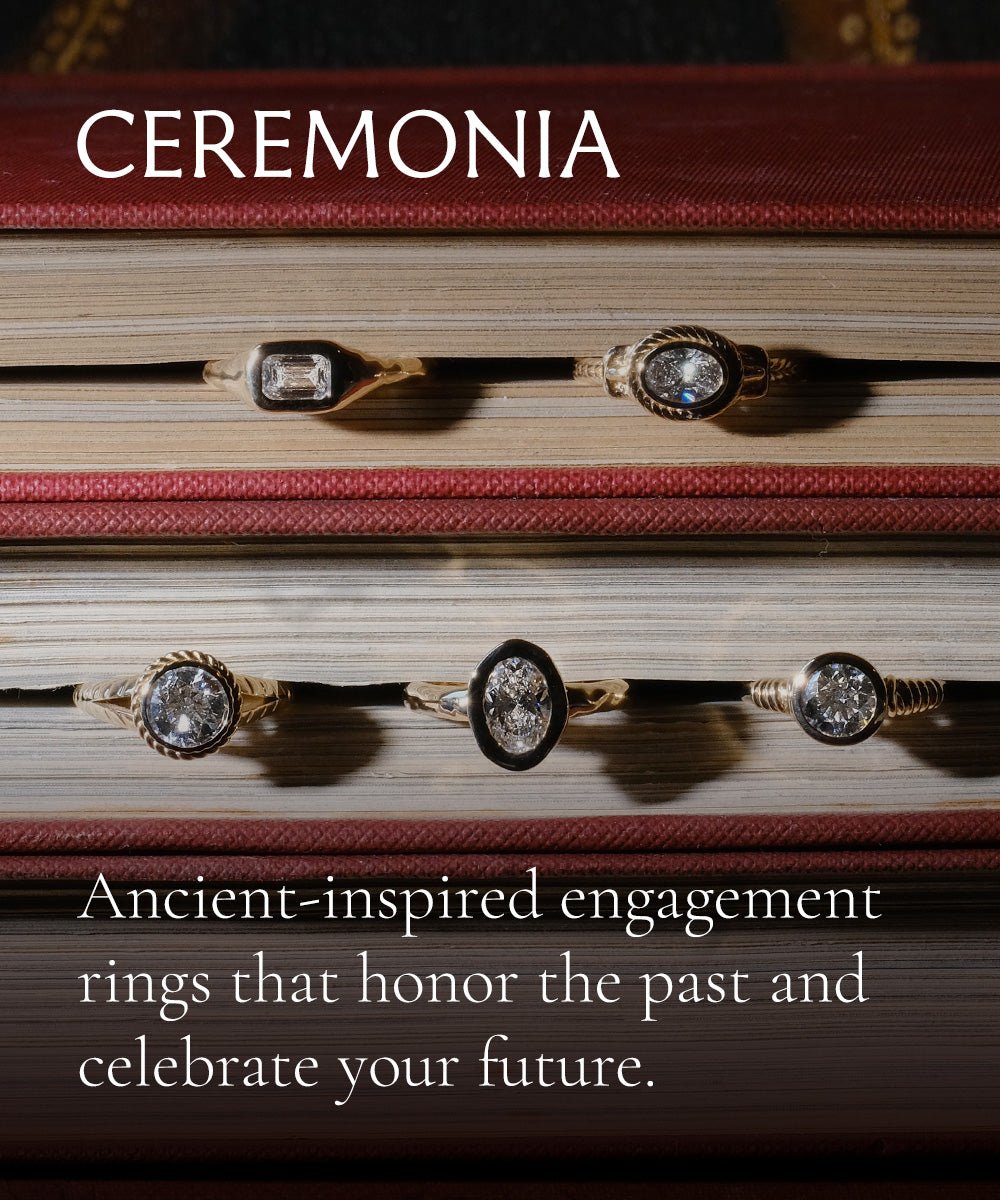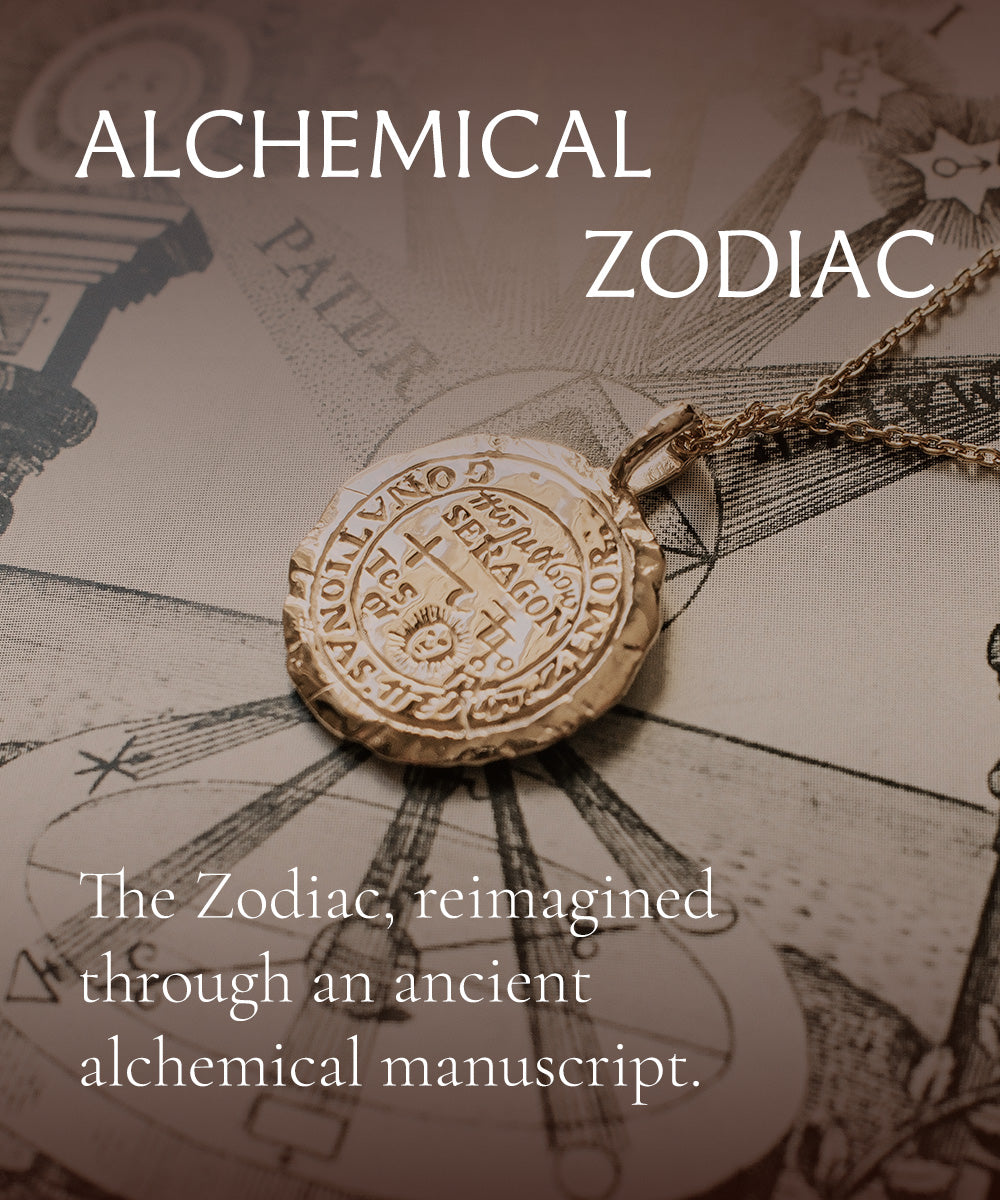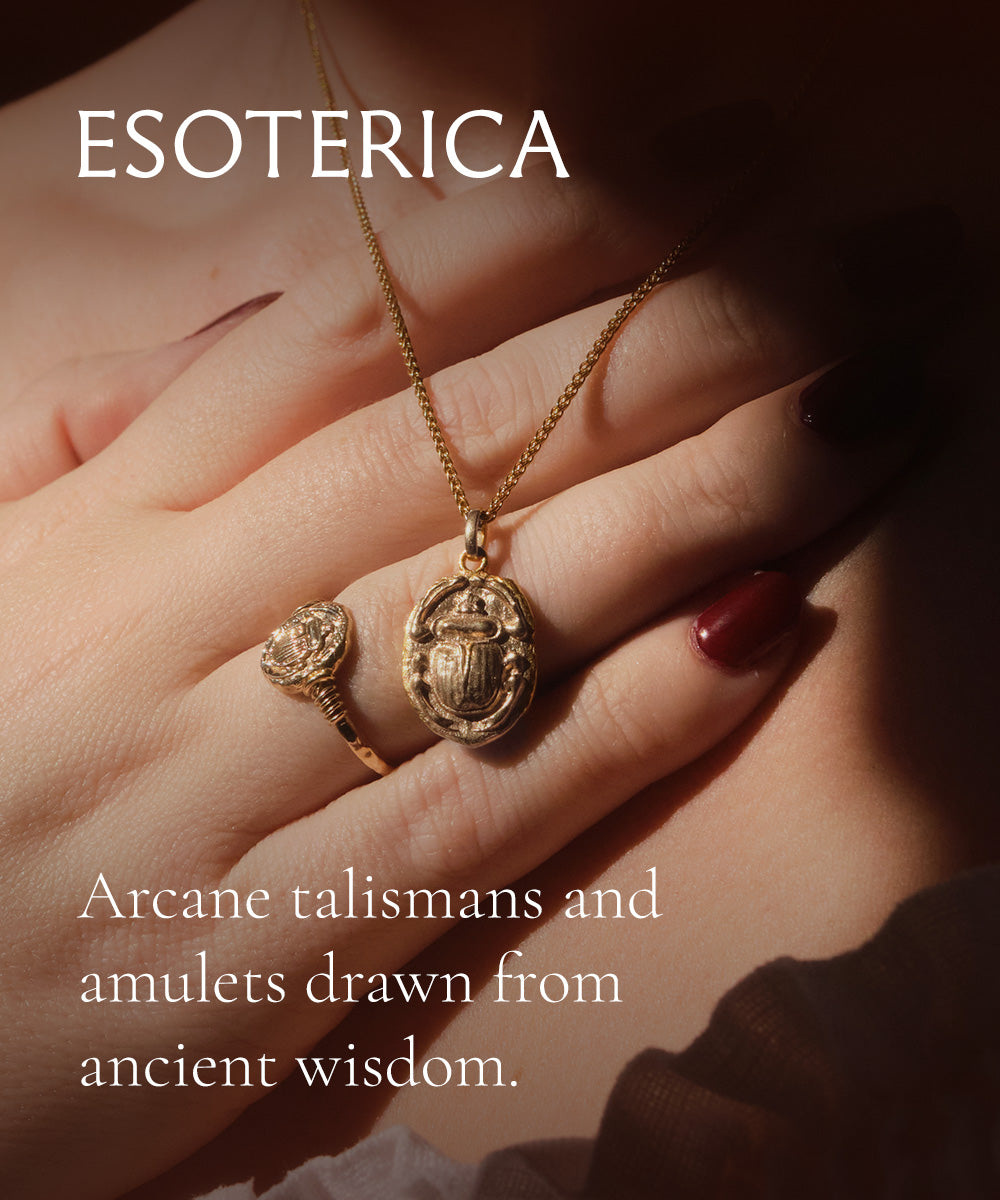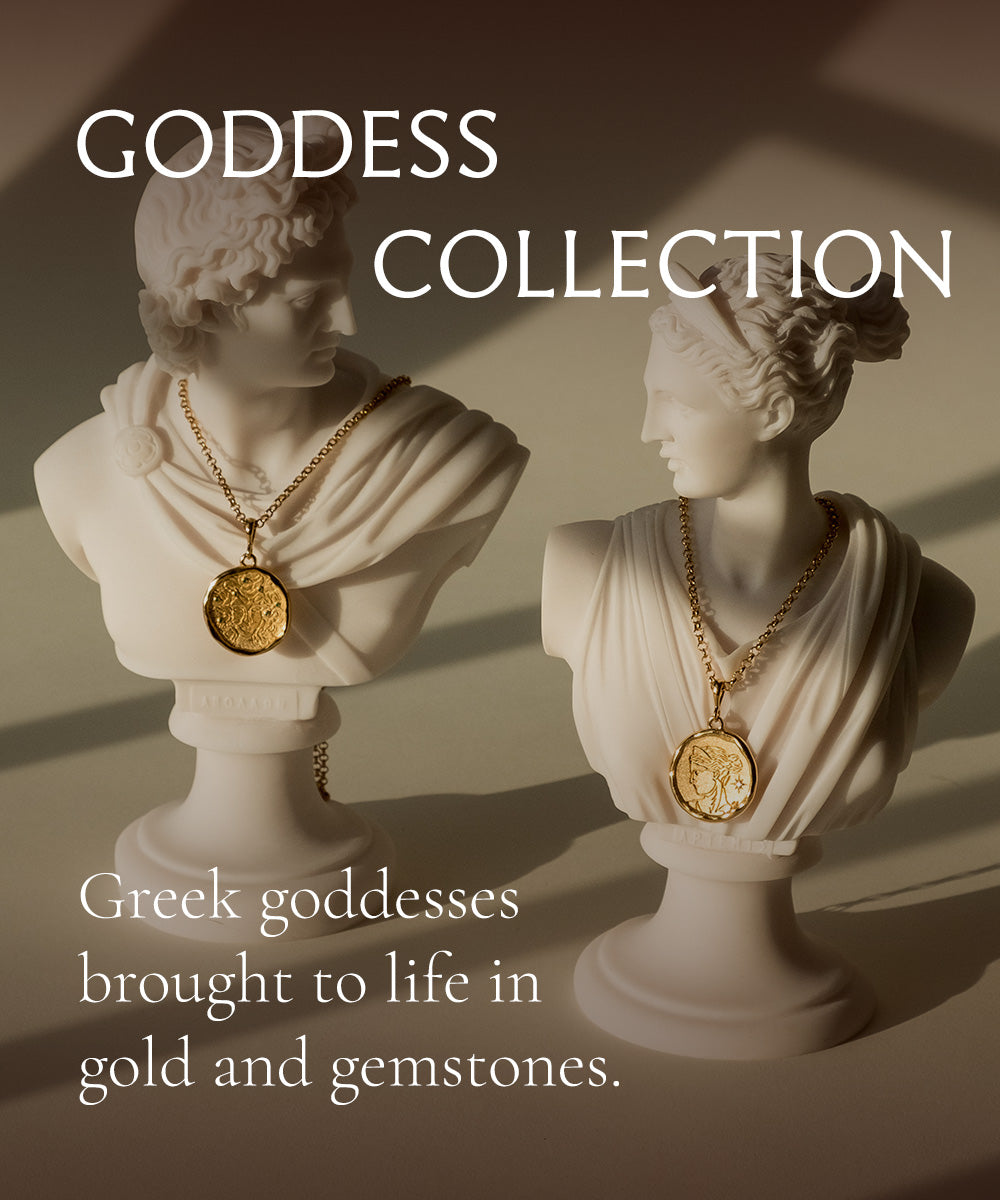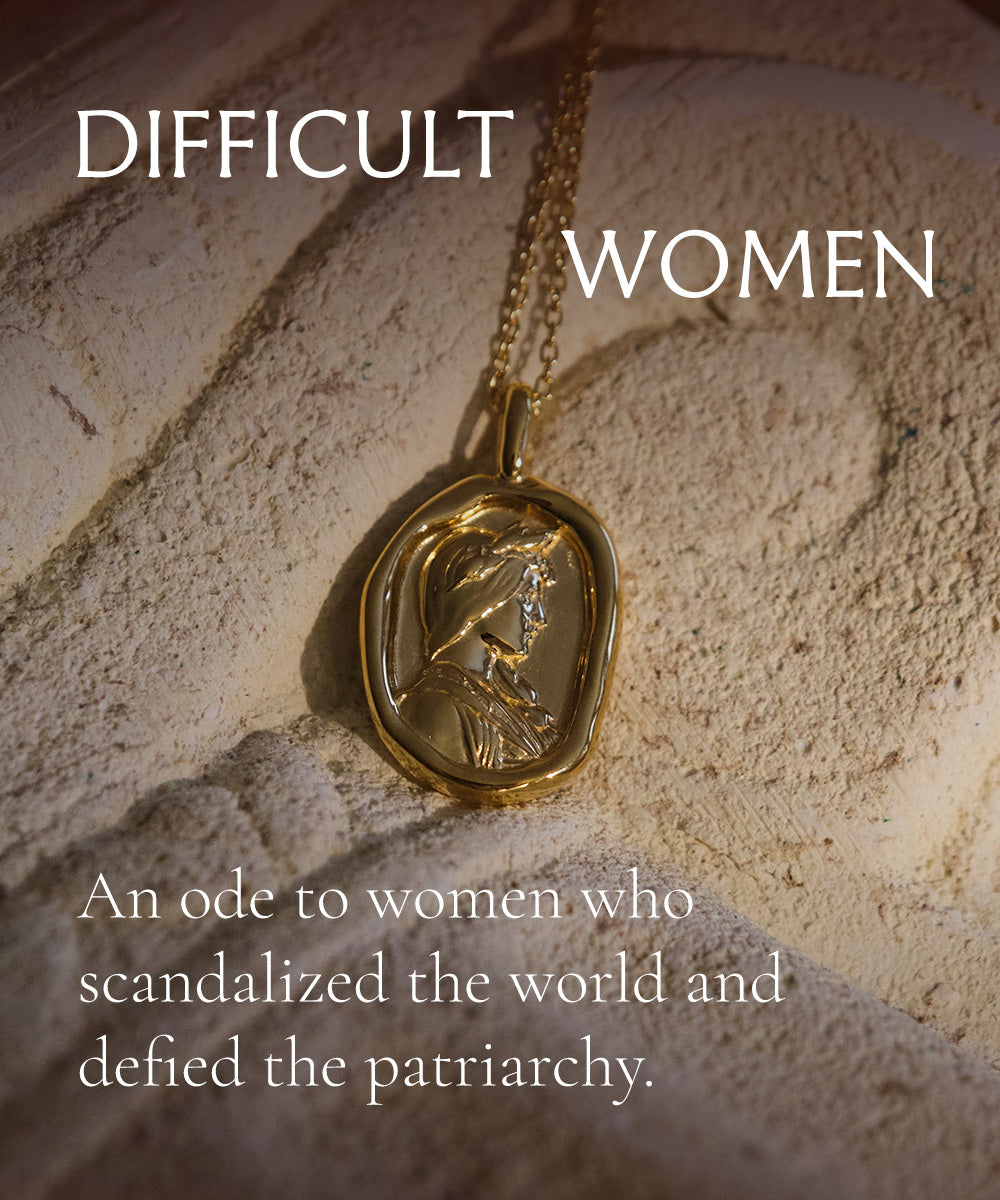“For the name of each Mousa (Muse), they say, men have found a reason appropriate to her …Ourania (Urania), because men who have been instructed by her she raises aloft to heaven (ouranos), for it is a fact that imagination and the power of thought lift men's souls to heavenly heights."
Diodorus Siculus, Library of History 4. 7. 1 (trans. Oldfather) (Greek historian C1st B.C.)
Among us are dreamers.
Children, especially, look up to the sky with moony eyes, tracing new lines to connect the stars, finding familiar shapes in passing clouds, always searching for something new, something exciting, something special.
Many of us grow up and learn to focus on what is in front of us, or just ahead. The heavens melt into the background and we become preoccupied with our everyday lives. But it still remains, blue as ever, high above our heads, brimming with all the excitement and even a bit of fear of the unknown. For some, that which is out of reach represents the thrill of a challenge.
The sky is a powerful concept in Greek mythology. In the beginning of time, the titan Uranos embodied the sky itself. Zeus, king of gods, was associated with the sky, clouds, thunder and storms. Urania, the Muse of astronomy, was a daughter of Zeus and granddaughter of Uranos, and followed in the footsteps of her forebears. She is linked to that great power of the heavens, a role usually reserved for men—women in STEM will relate.
Each Muse represents some form of the search for universal truths, knowledge that pushes humanity to progress. Clio looks into the past to find these truths. Melpomene searches for meaning in tragedy, Erato in love, and solemn Polyhymnia looks inward.
With stars in her eyes, Urania is drawn to the unknown, the potential: the future. What she doesn’t know only excites her. When a child looks up at the sky in wonder, they are practicing the same fundamental idea of a scientist searching for new knowledge.
Every day, men and women in the sciences bear the weight of all the questions humanity has ever wondered, and under the guiding hand of Urania, there is no fear in the face of the unknown—only dreams of possibilities, and pathways to discovery.
